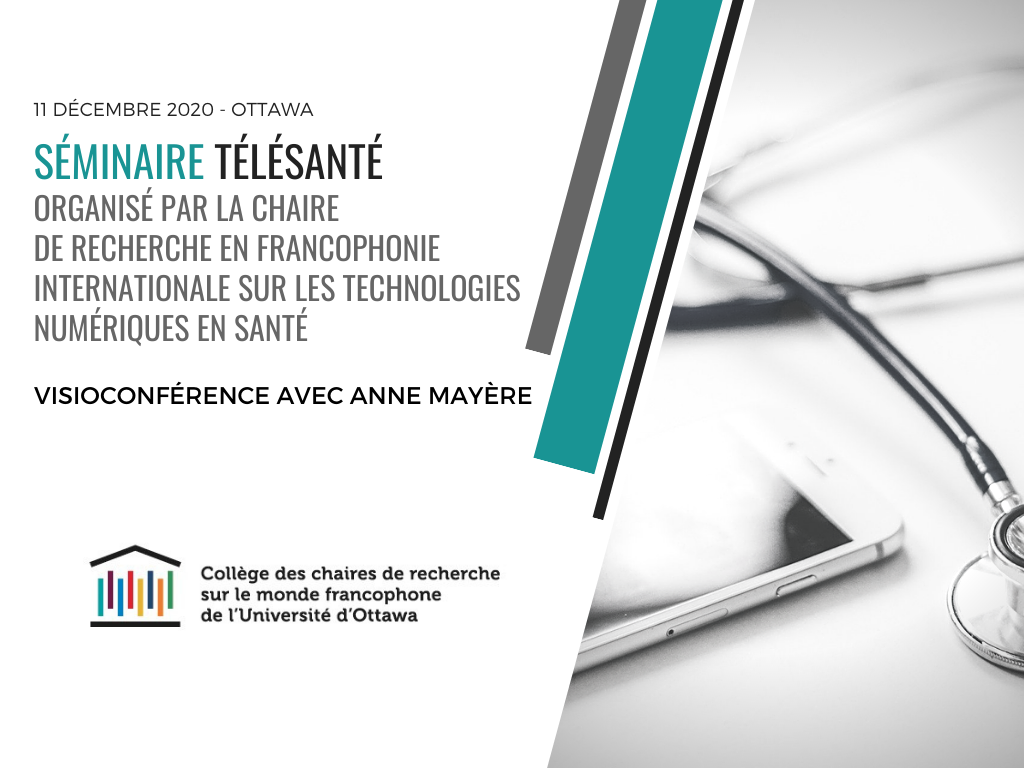Notice
Translational cancer genomics and proteomics
- document 1 document 2 document 3
- niveau 1 niveau 2 niveau 3
Descriptif
Translational science : how to move from biology to clinical applications
Evaluation of cell-free DNA (cfDNA) is a very attractive tool to serve as “liquid biopsy” to define and establish mutational changes in circulating tumor DNA (ctDNA) during cancer therapy.
To identify tumor specific mutations in serum ctDNA associated with resistance against tamoxifen in metastatic breast cancer.
Ten ER-positive metastatic breast cancer patients treated with first-line tamoxifen with blood sera available at start therapy (S1), during treatment (S2) and at disease progression (S3) were selected. DNA from normal and primary tumor tissue and cfDNA from sera were sequenced using the Ion Torrent Personal Genome Machine (Ion-PGM). In total 1,242 exons of 45 genes were sequenced up to 5,000 reads depth coverage and single nucleotide variants (SNVs) with at least 2% frequency were defined. Identified SNVs were re-sequenced for confirmation or checked by snapshot assays.
The initial analyses revealed 246 SNVs in at least one serum sample, including 96 variants observed at disease progression in serum S3. The 96 variants contained 11 SNVs that were also present within the primary tumor in 6 patients. Re-sequencing at deeper level confirmed all 11 tumor SNVs. These variants occurred in 9 genes and were predicted pathogenic for CDH1, CREBBP, NF1, PIK3CA, SMAD4, and TP53. The variants for CDH1, CREBBP, and SMAD4 were not previously considered tumor-specific in publically available repositories. The remaining 85 variants at disease progression were only observed in serum, and covered 45 serum SNVs merely detected in serum S3 of above 6 patients. Of the 45 SNVs, 3 were already reported in cancer for BRCA1, MAP3K1 and PTCH1, with the first two SNVs considered pathogenic. Moreover, only one not yet reported SNV for AKAP9 (H562Q) was detected in all three sera but not in the tumor within one patient. Re-sequencing of these 4 serum SNVs confirmed only the AKAP9 variant, which is not known yet to be involved in tumor biology.
Twelve variants occurring in 10 genes were identified and confirmed after re-sequencing in primary tumor DNA and serum taken at progression, which may be associated with tamoxifen therapy resistance and/or reflecting tumor load. Four of these SNVs have not been linked to to cancer before. Further studies are needed to explore the clinical relevance of the variants as tumor marker or a marker explaining tamoxifen resistance.
Cette présentation a été donnée dans le cadre du ScientificBRIO Day 2 organisé annuellement par le SIRIC BRIO et qui a pour but de réunirtous les acteurs du SIRIC BRIO et plus largement de la cancérologie à Bordeaux.
Intervention / Responsable scientifique
Thème
Dans la même collection
-
-
BRIO's facts and figures, structuration projects : Axe Cancer, translational research centerUpdate …
SoubeyranPierreUpdate the implementation of BRIO Brio organisation is now fully up and running, and more than 100 research projects are currently active into the 6 integrated research programmes. In addition,
-
Standardizing G8 evaluation
SoubeyranPierreNon-pharmaceutical innovations and public health Management of the frail elderly with cancer is a challenge. Beside a poor outcome as compared to younger subjects, physicians will face increased
-
Bordeaux Cancer Initiative
DessisDamienElustondoFrédéricTranslational science : how to move from biology to clinical applications Upon request of the University, the SIRIC was mandated to develop a transversal cancer axis at the University. The axis
-
Sociology contribution to understanding the (no)diffusion of a medical innovation
GorryPhilippeInterface technology/clinical/SHS/public health : case study interventional radiology We will present results of an undergoing study on the socioeconomic processes of recognition in oncology of a
-
Expert panel discussions : why translational research matters
CameronDavidEn point d'orgue du Scientific BRIO Day, David Cameron, spécialiste reconnu en Oncologie, Professeur à l'Université d'Edimbourg, anime un débat sur la question de la recherche dite translationnelle,
-
-
A new preclinical model to test the response of breast cancer to genomically targeted therapy
IggoRichardTranslational science : how to move from biology to clinical applications The rapid progress in next generation DNA sequencing technology (NGS) means it is now possible, in principle, to obtain a
-
-
Sur le même thème
-
Utiliser la lumière pour comprendre la matière
ChapronDavidDavid Chapron, enseignant-chercheur du LMOPS (Laboratoire Matériaux optiques, photonique et systèmes), présente la technique de spectroscopie Raman dont il est l'un des spécialistes français.
-
02. Faire de son mieux (Avec Nathalie Vallet-Renart)
Vallet-RenartNathaliePodcast animé par Romain Poncet, ingénieur de recherche en sociologie.
-
01. Le soin du détail (Avec Emilie Chanel)
PoncetRomainChanelEmilieCe podcast est proposé par la Chaire Valeurs du Soin, animé par Romain Poncet, ingénieur de recherche en sociologie.
-
Place du brevet dans la recherche d'un laboratoire
DutreixMarieGirardPierre-MarieInterview : la place du brevet dans la recherche d'un laboratoire par Marie Dutreix, directrice de recherche à l'institut Curie.
-
Influence des comportements de santé sur le jugement des femmes consommatrices et atteintes de canc…
AuriolCamilleLes doctorants des universités de Toulouse (UT1C/UT2J/UT3) et de l'Université de Québec à Montréal (UQAM) ont organisé un séminaire de présentation et d'échanges autour de leurs travaux de recherche,
-
[FAB.ISS] Session #5 La fabrique des inégalités sociales de santé et cancer(s)
NicaiseSarahMayèreAnneTerralPhilippeGaboritEmilieDefossezAdrienBartheJean-FrançoisSymposium International FAB.ISS - Ce symposium proposé en 2020 en visioconférence s'intéresse à la fabrique des inégalités sociales de santé, du point de vue des disciplines de sciences humaines et
-
Explorer les impensés de dispositifs de télé-surveillance sur les patient.e.s et leurs modes de vie
MayèreAnneLa conférence du Pr. Anne Mayère (CERTOP, IFERISS, Université de Toulouse, France) est organisée dans le cadre du séminaire télésanté de la Chaire de recherche en francophonie internationale sur les
-
Les jeudis du Grhapes : « Approches sociologiques de l'inclusion », Claude-Julie Bourque, sociolog…
« Approches sociologiques de l'inclusion » Guérir, et puis après... ? Claude-Julie Bourque, sociologue, professeure-chercheure adjointe au département de pédiatrie de la Faculté de médecine de
-
SFjRO Rouen 2019 - Bases physiques et biologie de la proton thérapie
Bases physiques et biologie de la proton thérapie
-
SFjRO Rouen 2019 - Radiosensibilité et apoptose lymphocytaire
Radiosensibilité et apoptose lymphocytaire
-
SFjRO Rouen 2019 - Applications cliniques de la protons thérapie
Applications cliniques de la protons thérapie
-
SFjRO Rouen 2019 - Association therapie systémique et radiothérapie
Association therapie systémique et radiothérapie


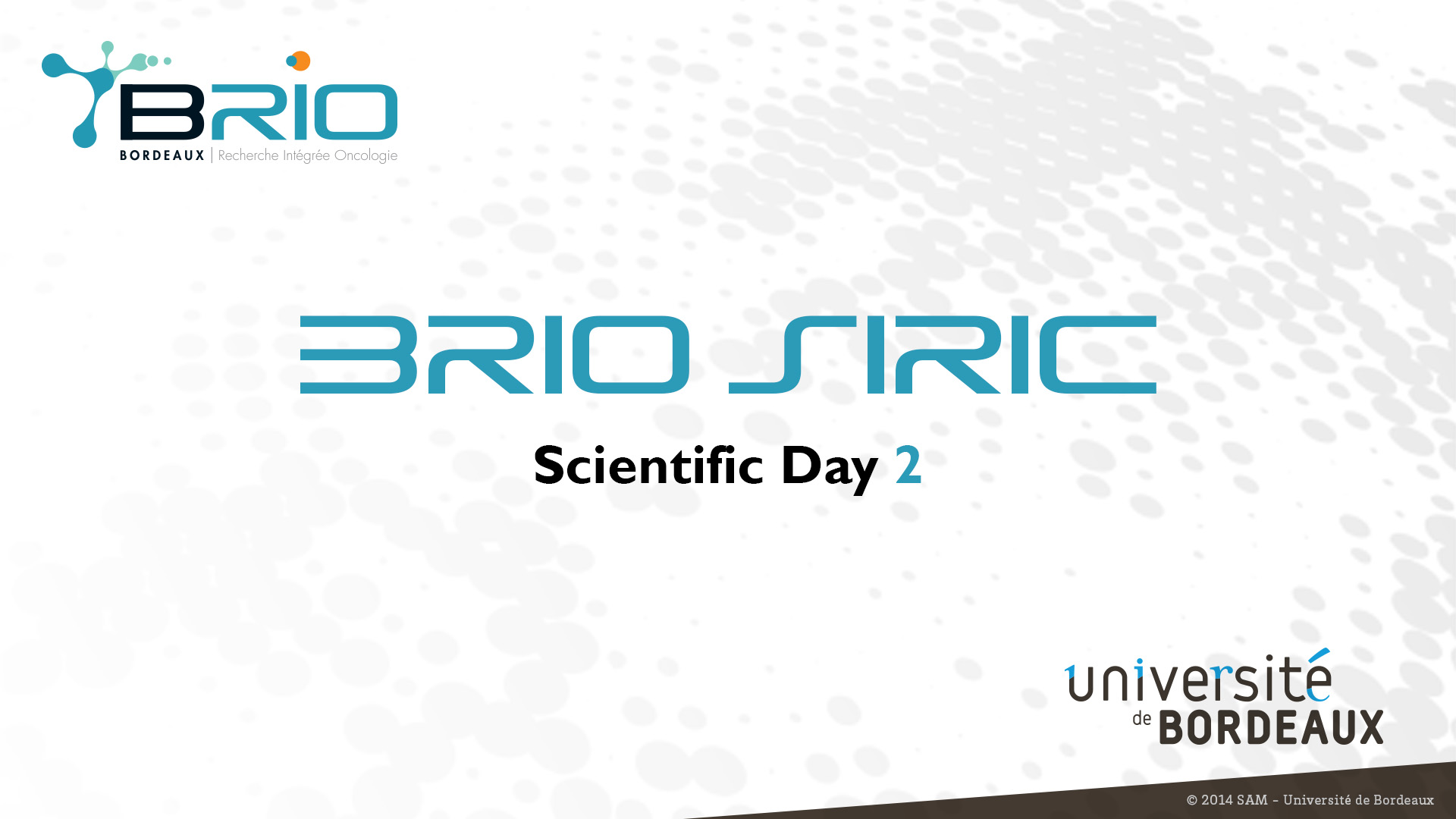









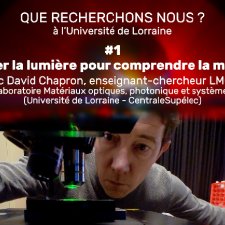

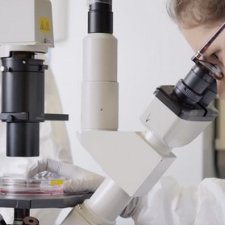
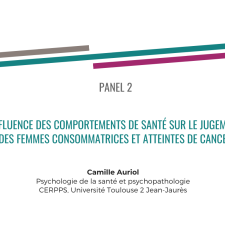
![[FAB.ISS] Session #5 La fabrique des inégalités sociales de santé et cancer(s)](https://vod.canal-u.tv/videos/media/images/iferiss/.fab.iss.session.5.la.fabrique.des.inegalites.sociales.de.sante.et.cancer.s._59509/7.png)
